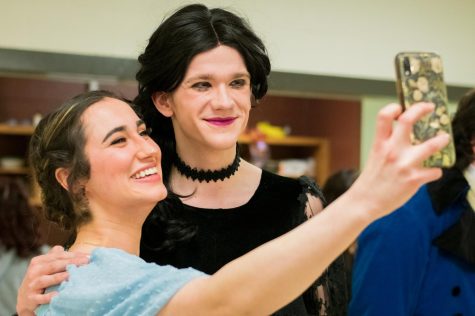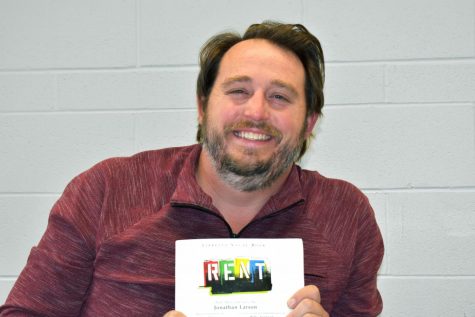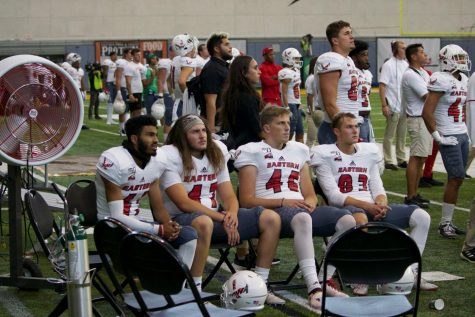Student Rights and Responsibilities benefits students
March 13, 2016
The Student Rights and Responsibilities (SRR) program at EWU helps an estimated 500 students every year by educating them on the code of conduct in an effort to prevent future violations.
“Our job is to look into any claims, investigate it and if needed, meet with the student to determine if there was a violation or not,” Mike Bowers, director of the SRR program, said.
According to Bowers, the most common violations are alcohol and marijuana related. However, being cited for these and reporting to SRR is not intended to be a scary process.
“My job is not to be the prosecutor. I’m not out to get students in trouble,” Bowers said.
After an incident report reaches the office, SRR sets up a meeting with the student. SRR will then try to determine whether the student breached the code of conduct. If not, the student is free to go. If a violation did occur, the student has three options.
The first option is waiving their rights to a hearing and accepting responsibility. The second option is a one-on-one hearing with a conduct officer. The third option, typically reserved for more severe cases, is a hearing in front of the Student Disciplinary Council (SDC), which is comprised of other students, faculty and staff.
Punishments as a result of SRR are handed down on a case-by-case basis and match the severity of the infraction.
EWU junior Haellie Ziegler had a brief stint with the program following a violation in the dorms during her freshman year.
“A couple of girls and I were drinking in our dorm room and got caught by the CA,” Ziegler said. “We got written up and had to take an online alcohol course. Back then, I was upset because it felt stupid to be in a class because I knew I wasn’t an alcoholic. But looking back, I am thankful that I was taken care of without involving the authorities and punish me in a way that would be on my record.”
Bowers said SRR wants these small violations to be a mere bump in the road for students.
More serious infractions like felonies and sexual misconduct require more caution for the safety of students. An incident report involving these or other serious offenses may result in an interim suspension. This is done to protect the students and staff of Eastern while the SRR process runs its course.
Punishment is not the key to SRR — re-education of the code of conduct is.
“Everything we do is with the desire for students to be successful here,” said Bowers. “So we try to offer resources, support and education for students to understand how the things they do can potentially impact themselves and those around them. We really are here to help people.”















